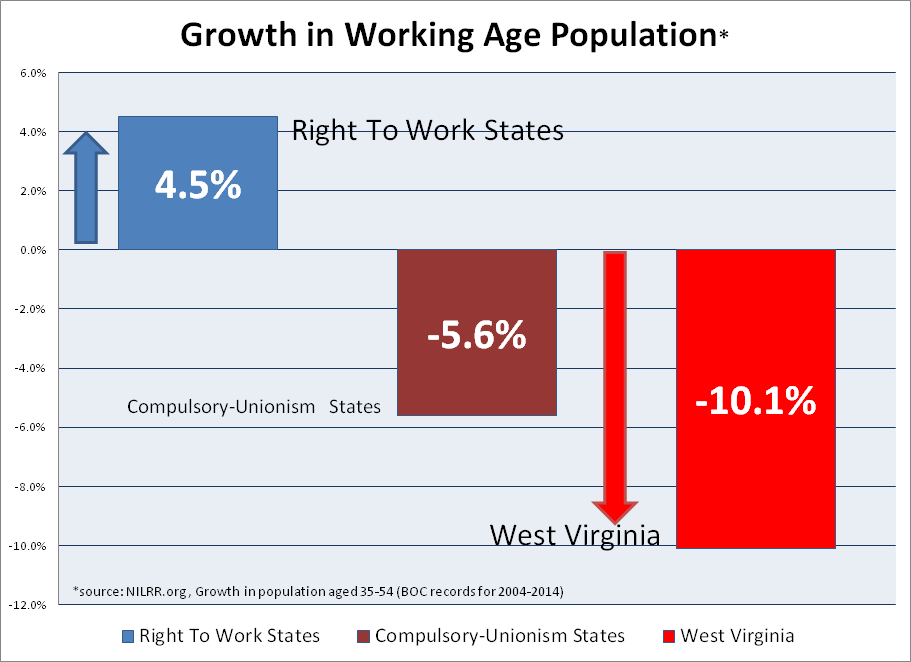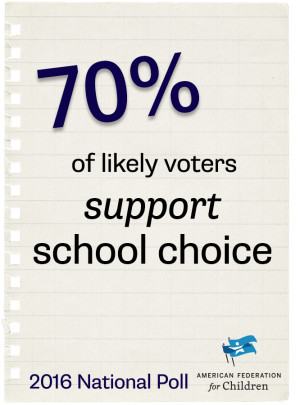COMMENTARY: “States may, if its citizens choose, serve as a laboratory.” Justice Louis Brandeis in New State Ice Co. v. Liebmann
When it comes to economic policy issues, the states are supposed to be the dominant actors. This is the view laid out by Justice Brandeis. It flows seamlessly from the United States Constitution’s design which emphasizes “federalism.”
But this isn’t another article about how Washington is overstepping its bounds. Rather, it is about how New Mexico’s Legislature might want to keep closer tabs on policymaking activities of local governments.
Local governments derive their powers from the states within which they are located. In some states they are given broad latitude. In others, like Virginia, their power is strictly limited. Virginia’s minimum wage and other employment-related policies are set by the Legislature.
For simplicity’s sake, this is a good thing, regardless of your views on the minimum wage.
While my organization does not support raising the minimum wage on economic grounds, that has not stopped New Mexico and more than half of all U.S. states from raising their minimum wages above the federally-mandated level of $7.25. New Mexico’s rate is currently at $7.50.
The $7.50-an-hour rate is straightforward, but as things currently stand, the cities of Albuquerque, Las Cruces, and Santa Fe have their own wage rates. Separate rates are mandated by the counties of Bernalillo, Doña Ana, and Santa Fe. It’s not just the complexity of varying wage rates and jurisdictions; there are additional, complex rules over how tipped wage rates are calculated depending on the provision of certain benefits like employer-sponsored health insurance.
Complying with myriad tax rates and formulas can be a nightmare for any business, especially small ones. Seemingly well-intended efforts to raise wage rates are creating tremendous complexity and compliance burdens for the very small businesses that we need to create jobs and dig New Mexico’s out of the current economic malaise.
Statewide preemption
That growing complexity is a big reason that groups like ACI and the New Mexico Restaurant Association have gotten behind a “statewide preemption bill.” The bill has been followed in the 2016 session by Rep. Harper in the House and Sen. Moores.
The idea that state legislatures, not a mixture of cities and counties, nor far-off bureaucracies in Washington, D.C., should regulate New Mexico’s economy is self-evident. In fact, Brandeis, quoting further from his “laboratories of the states” argument said that the idea was to, “try novel social and economic experiments without risk to the rest of the country.”
So, if California wants to adopt a $10.50 or even $15.00 per hour minimum wage, let them. If Texas would like to not impose legal wage floors at all, ideally that should be their prerogative. Of course, as things currently stand, the federal rate of $7.25 is the baseline for every state.
I believe that under such a system people and jobs will continue to move from heavily-regulated, high-minimum-wage states like California to less-regulated states like Texas, but I might be wrong. I’d love to give states the leeway to duke it out. Localities, not so much. It’s messy and convoluted with multiple jurisdictions at play. Local borders are unclear to all but the best-informed.
Lest supporters of high minimum wages think this is just an effort to kill minimum wages entirely, local minimum wage hikes give legislators a “pass.” After all, an Albuquerque legislator nowadays can say, “Why should the state raise the state minimum wage when Albuquerque has done it?”
The leading opponents of “preemption” might be rural legislators. They see “big cities” even here in New Mexico as a world apart from themselves and their more conservative constituents. Nevertheless, preemption makes sense. New Mexico’s cities and the businesses located there are engines for New Mexico’s entire economy. We are ultimately in this together.
Gessing is the president of New Mexico’s Rio Grande Foundation, an independent, non-partisan, tax-exempt research and educational organization dedicated to promoting prosperity for New Mexico based on principles of limited government, economic freedom and individual responsibility.



 Mr.
Mr.  In addition to his writing on the environment and public policy, Zubrin is the author of the critically acclaimed nonfiction books The Case for Mars, Entering Space, and Mars on Earth; the science fiction novels The Holy Land and First Landing; and articles in Scientific American, The New Atlantis,American Enterprise, the New York Times, and the Washington Post. He has appeared on major media including CNN, C-SPAN, the BBC, the Discovery Channel, the Science Channel, NBC, ABC, and NPR.
In addition to his writing on the environment and public policy, Zubrin is the author of the critically acclaimed nonfiction books The Case for Mars, Entering Space, and Mars on Earth; the science fiction novels The Holy Land and First Landing; and articles in Scientific American, The New Atlantis,American Enterprise, the New York Times, and the Washington Post. He has appeared on major media including CNN, C-SPAN, the BBC, the Discovery Channel, the Science Channel, NBC, ABC, and NPR.


















